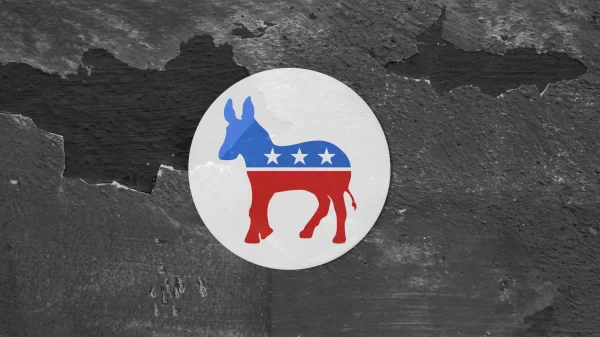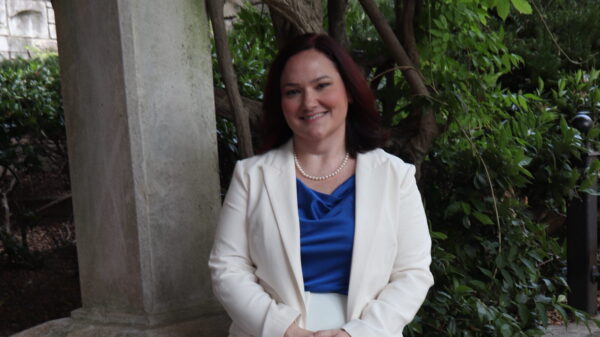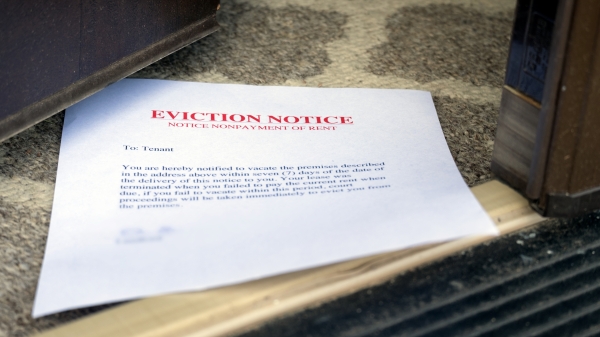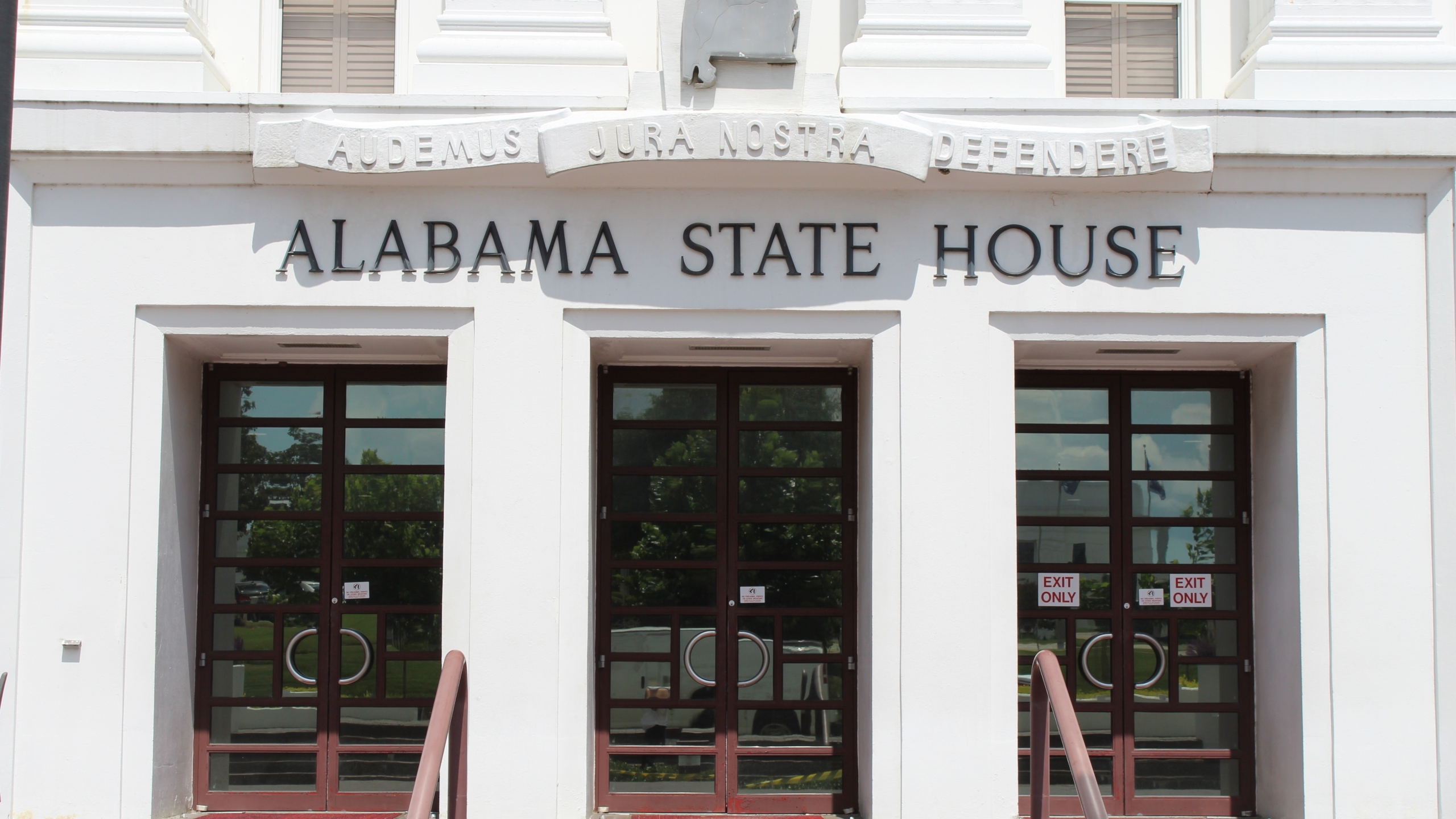Alabama, as a state, is rarely the vanguard for anything.
Sure, we’re leaders (until recently) in football, and we had a great run producing winners during the early seasons of “American Idol.” And Huntsville might be the home of Space Command if one of the last (and pettiest) decisions of the Trump administration is allowed to stand. And, sure, our barbecue is fairly solid once you start poking around outside of the larger chain restaurants.
But usually, we’re followers — in culture, in health, in education, really of those pesky metrics that show just how generations of leaders have failed this state. And those leaders — those ornery titans of Goat Hill — are some of the biggest clingers-on around. Backed by “luminaries” such as Sen. Gerald Allen, Alabama was one of many states in the early 2010s to ban the use of Sharia law. When Gov. Kay Ivey last December blocked TikTok on state devices and networks, it followed similar moves by at least five other states. Even in the latest wave of bigoted legislation aimed at transgender people, Arkansas beat us to it.
We are lackeys when it comes to pointless and politicized legislative efforts; more often imitators rather than innovators in the realm of using the levers of political power to crush our enemies both real (and often innocent) and perceived. That same pathetic pattern holds with the recent wave of legislation focusing on the classroom discussion of “divisive concepts” in race and gender, as Alabama falls in line yet again with states like Florida, Georgia, Tennessee, Iowa, New Hampshire, Wisconsin, Arizona, South Dakota and North Dakota in efforts to pass painfully worded laws demonizing imaginary educational boogeymen.
According to the Foundation for Individual Rights and Expression, most of these state laws and proposals track a 2020 executive order from the Trump White House in that they all single out specific, enumerated ideas targeted for exclusion from the classroom. Many of these initiatives — Alabama’s included — barely change the Trump language or the list of forbidden ideas. Alabama’s HB7, sponsored by Rep. Ed Oliver, R-Dadeville, contains seven of the original executive order’s “divisive concepts” and is a slimmed down version of a bill he and Sen. Will Barfoot, R-Pike Road, championed last session that passed the House but died in the Senate.
HB7 would all but ban the following ideas from Alabama’s public K-12 and college classrooms:
• “That any race, color, religion, sex, ethnicity or national origin is superior or inferior.”
This is the first listed item on Oliver’s 2022 bill, the Trump EO and this year’s version. Like many of the “divisive concepts,” it seems reasonable on its face — who would teach that one race or sex (the only classes covered by the Trump directive) is superior to another? It’s a comically outrageous version of discrimination that simply doesn’t happen in real life.
• “That individuals should be discriminated against or adversely treated solely because of their race, color, religion, sex, ethnicity or national origin.”
I assume this is a restatement of the first point since I can’t find much substantive distinction between the two.
• “That the individual moral character of an individual is solely determined by his or her race, color, religion, sex, ethnicity, or national origin.”
This caricature of attitudes toward racism and racial stereotypes is best left to Alex Jones, who said during his interview with Kanye West that “CNN says white people are evil Nazis.” It’s the flimsiest of straw men and, like many of these other ideas, doesn’t exist in Alabama classrooms.
• “That solely by virtue of an individual’s race, color, religion, sex, ethnicity, or national origin, the individual is inherently racist, sexist, or oppressive, whether consciously or subconsciously.”
Simply by being the closest thing to a real idea on the list, this point is the most damaging to actual education, as this seems to attack white/male privilege as a legitimate academic concept. If Alabama legislators want to pretend there’s not a package of benefits that comes with being white or male in American society, it might be worth asking themselves why they feel that way. Still, this doesn’t treat privilege in a serious way — no one would ever be taught they’re racist or sexist simply for existing.
• “That individuals, by virtue of race, color, religion, sex, ethnicity, or national origin, are inherently responsible for actions committed in the past by other members of the same race, color, religion, sex, ethnicity, or national origin.”
This too approaches something near reality in dealing with the concept of “white guilt.” But, again, no student would ever be taught that they personally bear responsibility for the sins of the past. If anything, this bill would hinder talking to any student who did feel some sort of shame for the persistent pattern of abuses and neglect over the course of American (and Alabamian) history.
• “That fault, blame, or bias should be assigned to a race, color, religion, sex, ethnicity, or national origin, or to members of a race, color, religion, sex, ethnicity, or national origin, solely on the basis of race, color, religion, sex, ethnicity, or national origin.”
This idea comes from the Trump executive order’s ban on “race or sex scapegoating,” a poorly worded concept that seems both laughable and offensive and doesn’t appear in the law before 2020. Versions of Georgia and Florida’s “divisive concepts” bans both incorporate the “scapegoating” terminology that the Alabama ban avoids.
• “That any individual should be asked to accept acknowledge, affirm, or assent to a sense of guilt, complicity, or a need to apologize solely on the basis of his or her race, color, religion, sex, ethnicity, or national origin.”
Again, another prohibition centered on white guilt and “race scapegoating,” one that interestingly leaves out last year’s Alabama Senate language on “a need to work harder” as a result of race or sex. Our list of seven could have easily been five.
In addition to what it has copied, HB7 is notable for what it omits. A ban on the suggestion that the United States and/or Alabama is “fundamentally racist or sexist” — a prohibition in the executive order and last year’s version of the bill — is gone, as is a divisive concept unique to the previous Alabama House bill banning the teaching of the idea that “with respect to American values, slavery and racism are anything other than deviations from, betrayals of, or failures to live up to the founding principles of the United States, which include liberty and equality.”
HB7 waives its hand in attempting to address concerns related to the First Amendment, the “teaching of topics or historical events in a historically accurate context,” accreditation and academic freedom, but it doesn’t do so in any sort of convincing way. If this bill’s sponsors truly wanted to address those issues, the solution is simple: HB7 would not exist.
If Alabama legislators can tend to their required business of passing the state’s budgets and find time left in the session to take up what Oliver and Barfoot have wrought, it will pass. If it does, there will likely be a chilling effect on classroom speech, meaning that some Alabama teachers will avoid difficult — but necessary — conversations on race and gender in fear of violating the law.
With this bill, Alabama has once again proclaimed itself to be a follower, cribbing heavily from the petty grievances of a former president and his disgraceful brand of hateful politics.
Perhaps it’s who we are. Perhaps it’s who we always will be.
Perhaps if we’re allowed to teach it openly and honestly, it might one day change.



















































